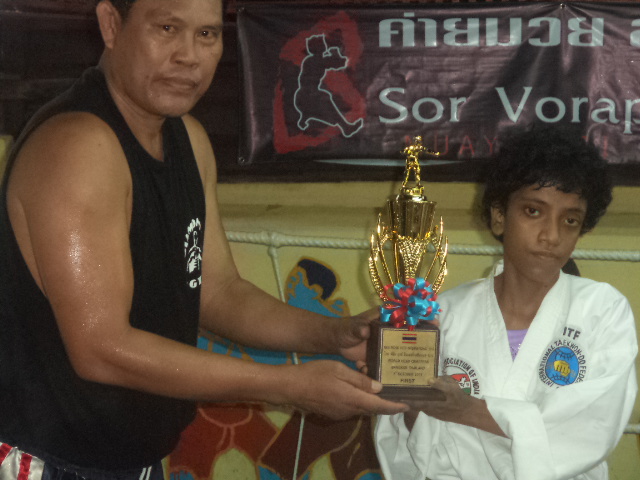By Kashif-ul-Huda, TwoCircles.net
Last Monday, 17 year old Ayesha Noor from a slum in Kolkata won the gold medal in an international youth karate championship in Thailand. Journey from Kolkata to Thailand was not easy. As if years of training, participating in competitions, winning medals was not enough, Ayesha also had to fight a financial battle to raise 1 lakh rupees to cover her travel costs. In the end, TwoCircles.net readers saved the day by raising enough money for her to buy the tickets but that experience gave us new insight on how the community thinks about the idea of giving and taking help.
Publishing her story was not enough; we had to aggressively push it on to social media to let people know about her needs for funds. There, I noticed there were more people just retweet and sharing the post rather than coming forward to say that they will help. It is entirely possible that some people wanted to help but didn’t want the whole world to know about it. There are times you do charity in secrecy but there are times you let others know so that they also get encouraged, and this was that time.

Ayesha Noor with the winning trophy
Why is it that such a positive story about Ayesha Noor didn’t get enough people coming forward to help? Do we lack entrepreneurs, businessmen and women, and philanthropists in our community? Why have we not setup institutions to identify and nurture young talents in the community?
Doing daily news of Indian Muslims for more than seven years, we have seen a number of community leaders, heroes, activists, etc. people who are working at the grass root level day in and day out without any recognition and more importantly without much support. When we ask the questions where our leaders are? We should also ask where we are expecting our leaders to come from. If they are not going to fall from the sky then we need to build infrastructure that will help these grassroot workers get trained and grow to become community leaders.
Even TwoCircles.net’s story is a tale of seven years of pain and hard work and it hasn’t become any easier. We have had lot of impact stories to our credit, we have established Muslim journalism in India, becoming a go-to website for Muslim news- but even with that success we have not been able to get the financial support that is needed. Thanks to a few friends, we have managed to survive. But it’s just that – survival.
Coming back to Ayesha Noor’s story, with not much success in social media, I emailed a number of people who have helped me in the past with the financial burden of running TwoCircles.net. A few people from that list replied and pledged to support her and thanks to them Ayesha was able to make that journey and win the gold not just for her but for millions of other girls and for us too.
Among the emails pledging support, I also got one email asking me to write a brief report so that he can forward it to Minister of Sports and try to get some help from the government. I replied to that dear friend that the community should take care of such a small amount and we should bother the government only for big favors. This brings me to the art of taking help.
Search the archives of this website for news about Muslim delegation meeting with the Prime Minister, chief ministers or some such figures of authorities. In most cases it will be demand for something that is not going to make any difference in the daily lives of Indian Muslims. Take for example the story from Mumbai, where a group of activists and leaders got together to meet the Maharashtra Chief Minister to demand temporary abattoirs for Eid-ul-Azha sacrifices. Sure, this is a real issue for one or two days but we are yet to meet the CM for issues that affect the daily lives of millions of Muslims living in Mumbai? The delegation that met the Prime Minister last month over the Muzaffarnagar violence presented him with a memorandum asking for immediate action in Muzaffarpur. The institutional biases that give rise to this anti-Muslim violence will remain unchanged because emphasis is always on relief.
The problem of Indian Muslims is structural and institutional, what we end up asking the government is treatment of symptoms not the disease. So let’s move away from hajj subsidy, denial or approval of visa for Salman Rushdie, or banning of this or that book; instead, let’s ask for structural changes that will give Muslims an equal playing field- e.g. removal of 1950 Presidential Order that bars Christian and Muslim Dalits from getting benefits given to other Dalits, establishment of Equal Opportunity Commission, access to government facilities in Muslim areas, access to credit, etc.
We don’t need special favors just equal opportunity.
